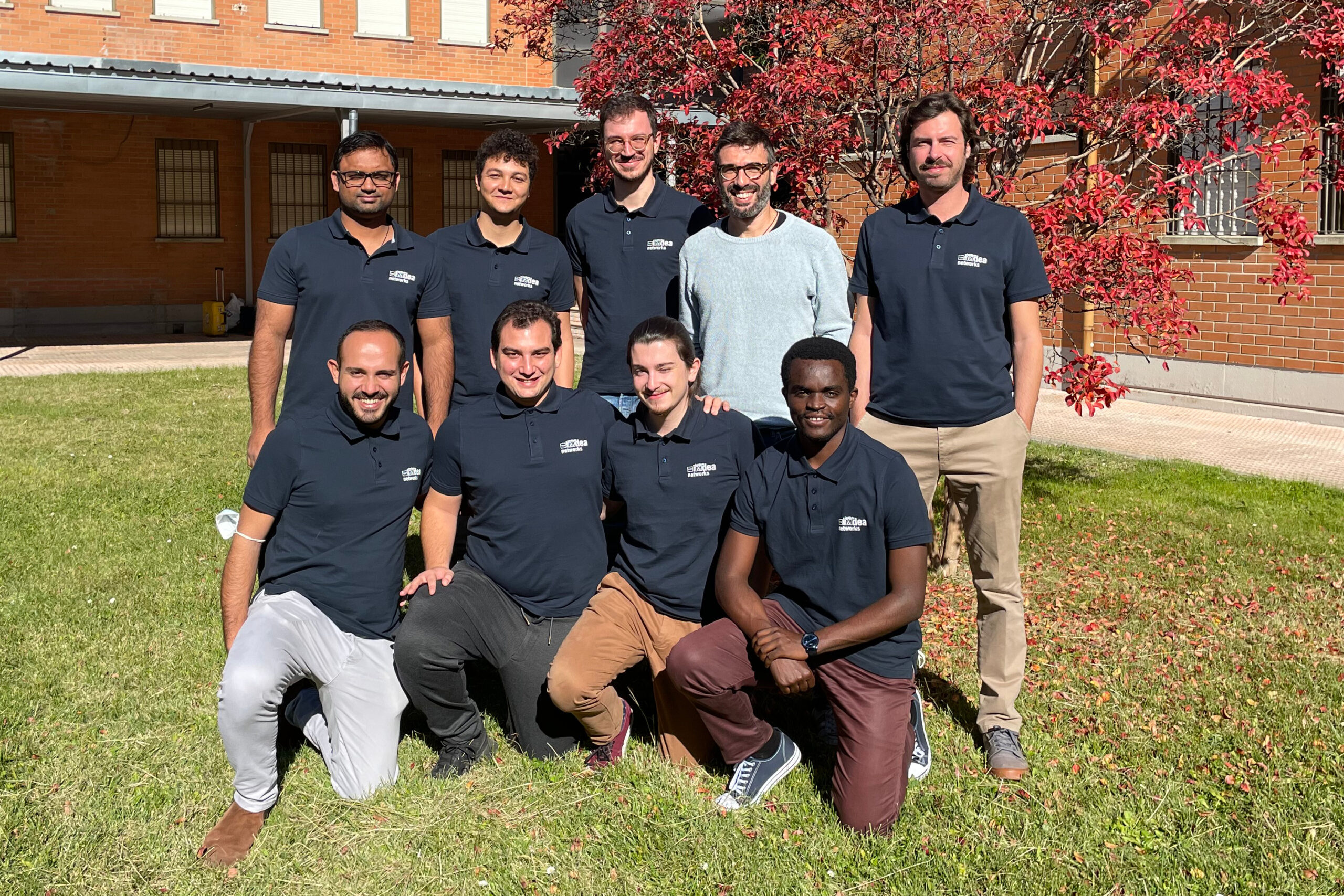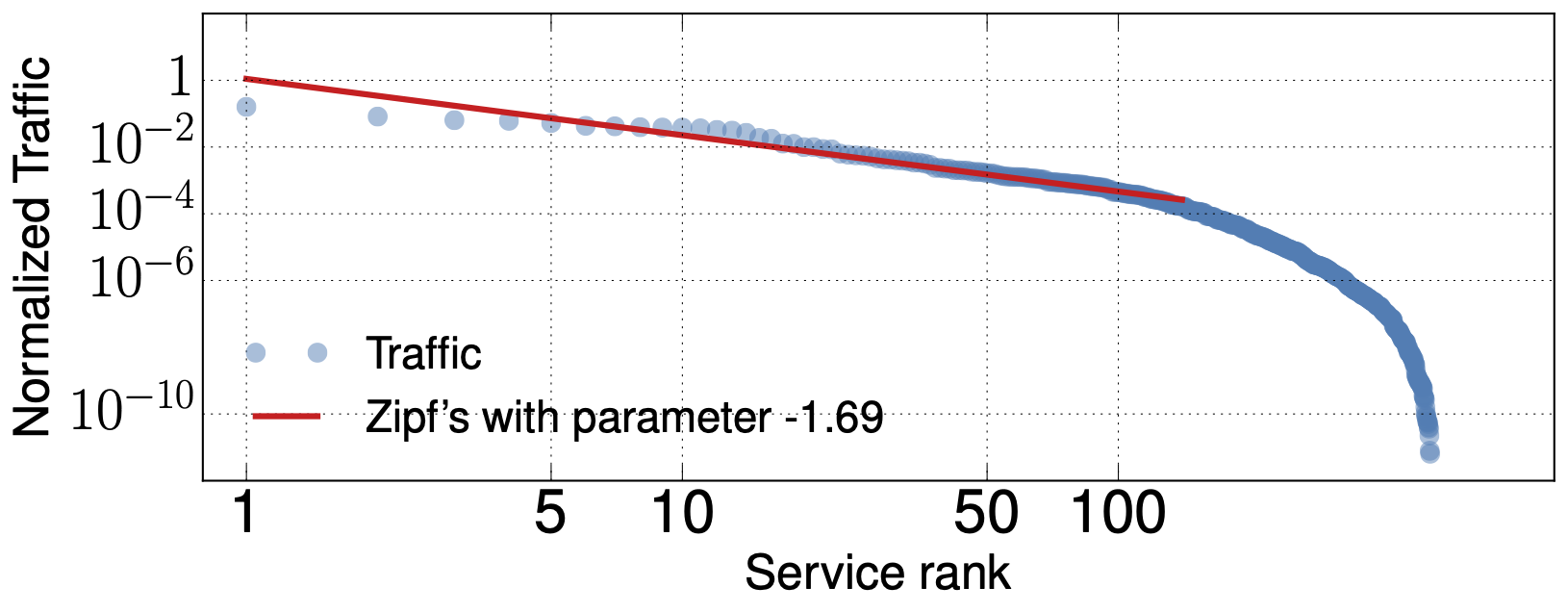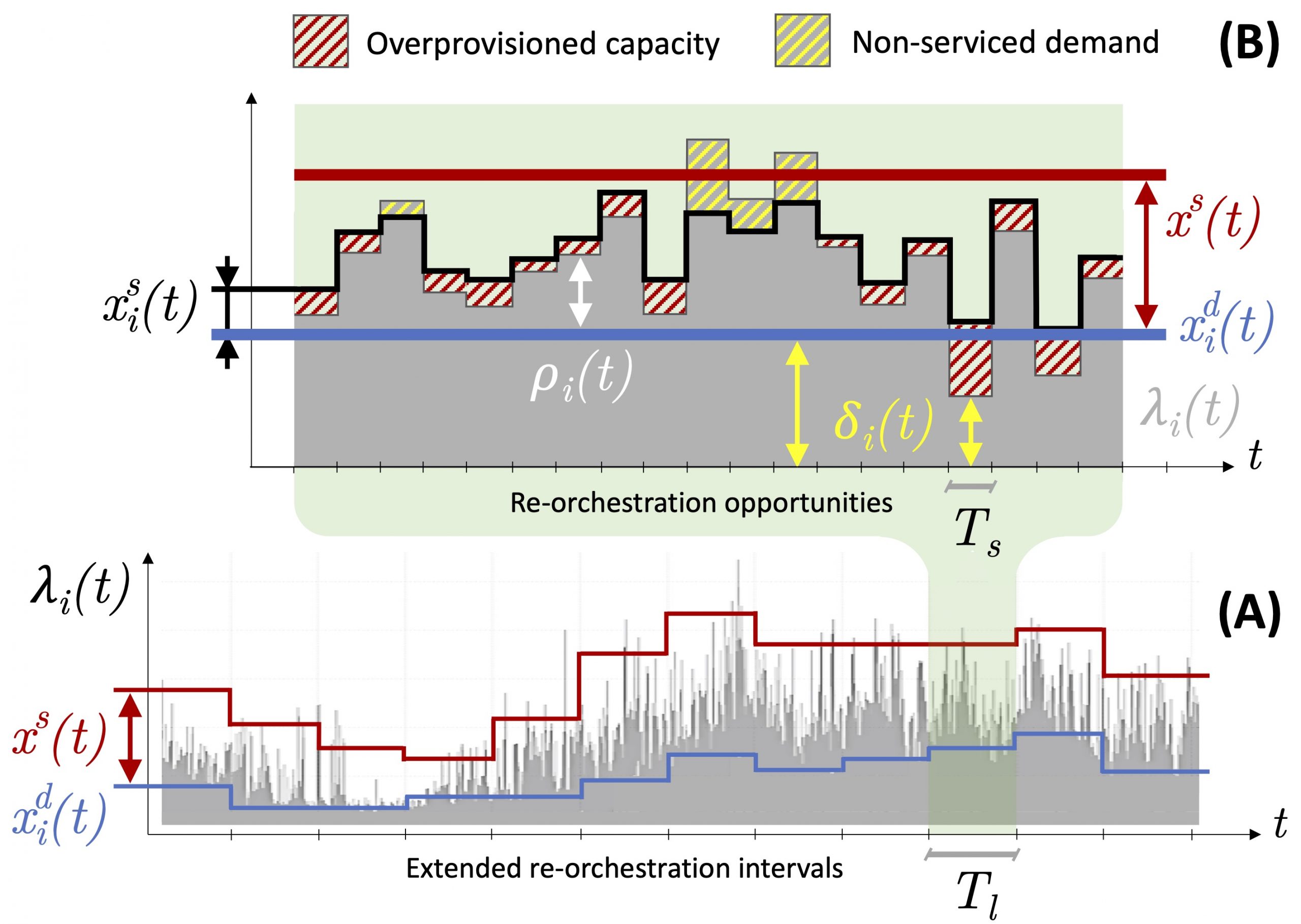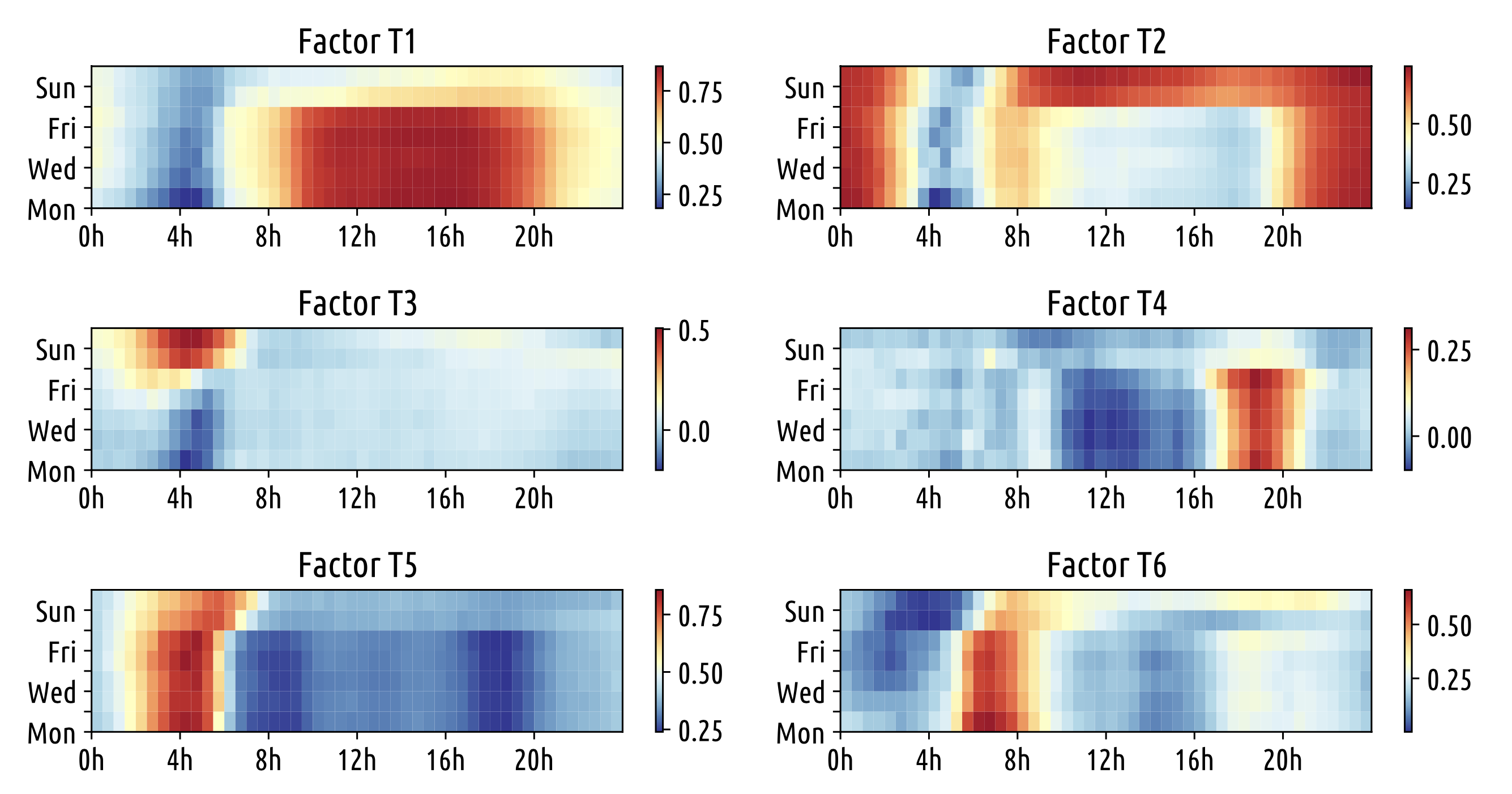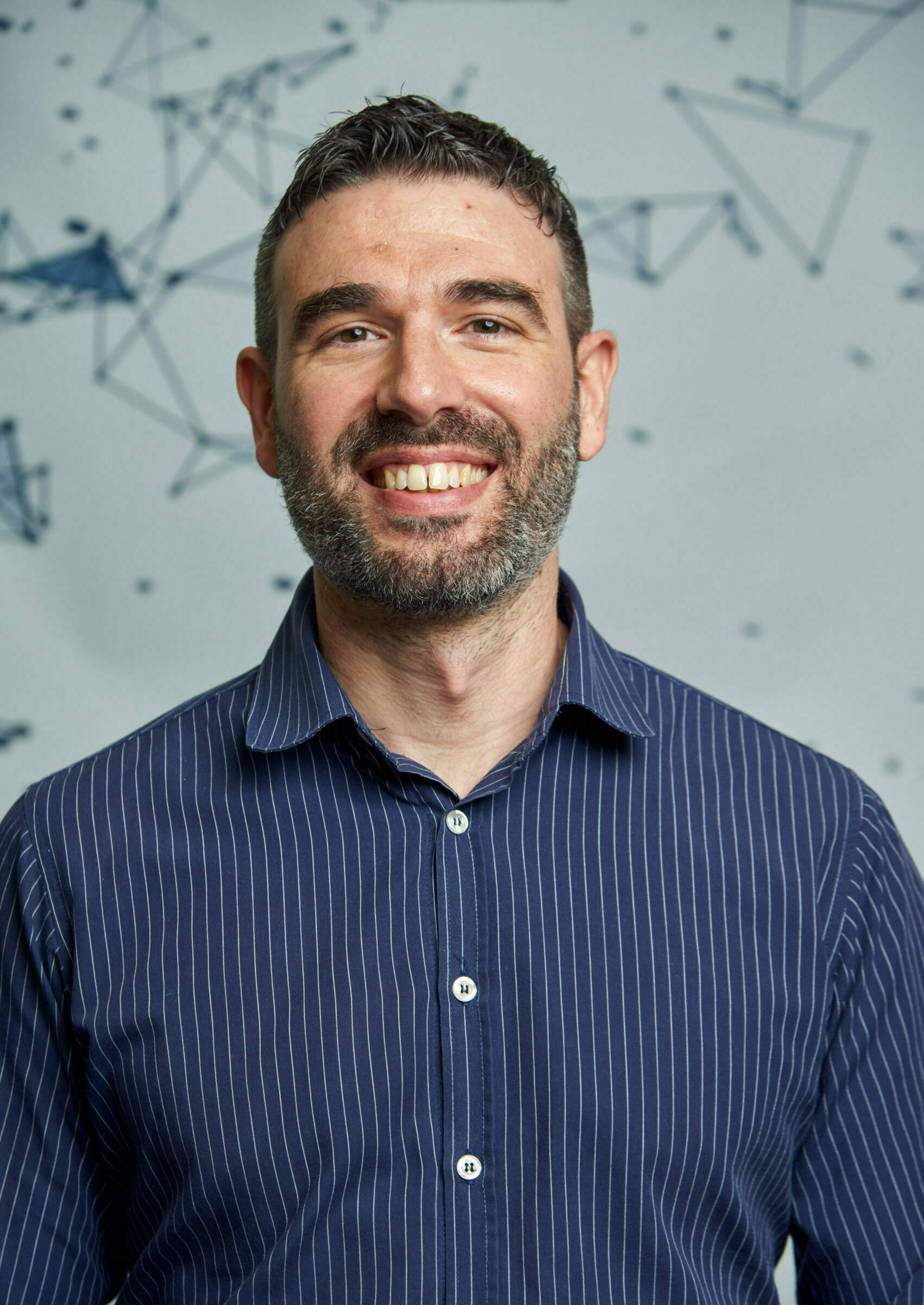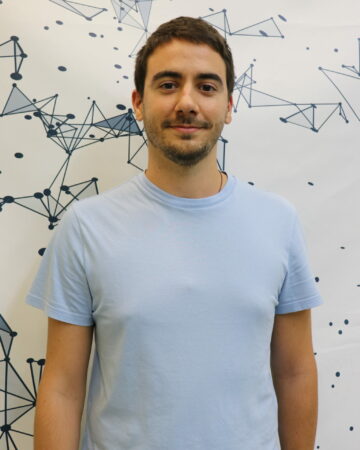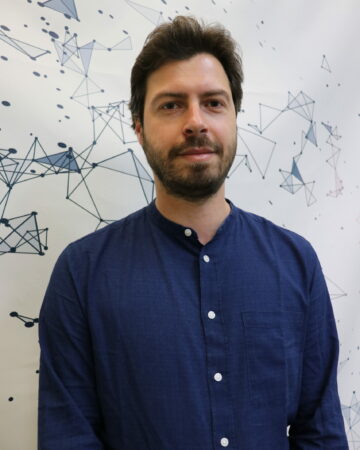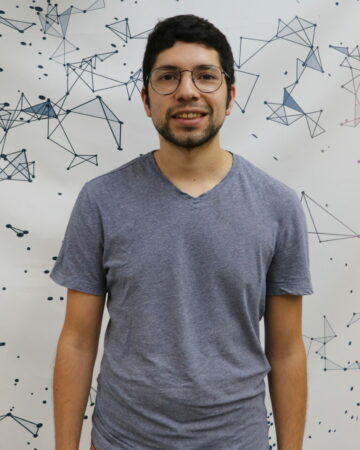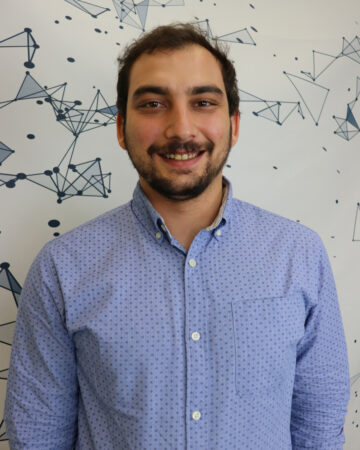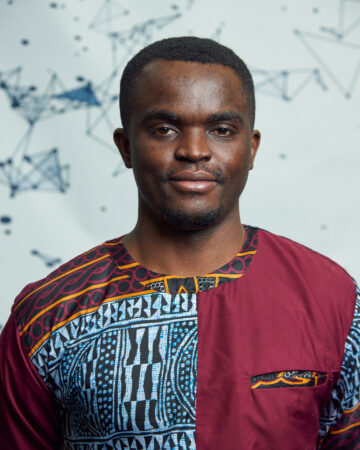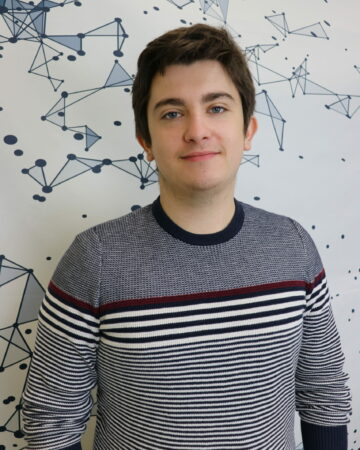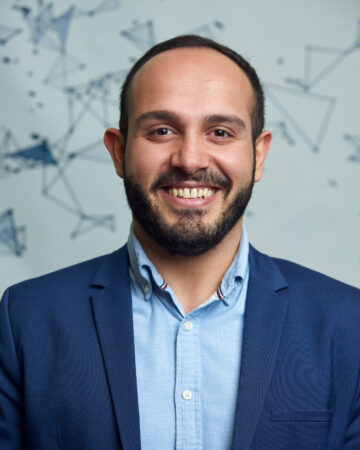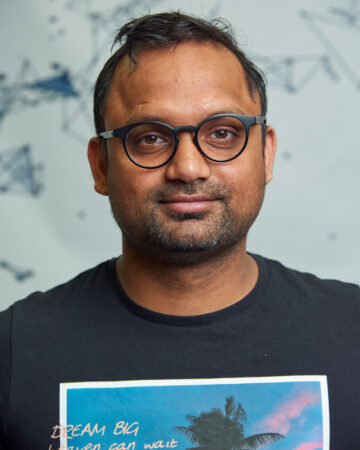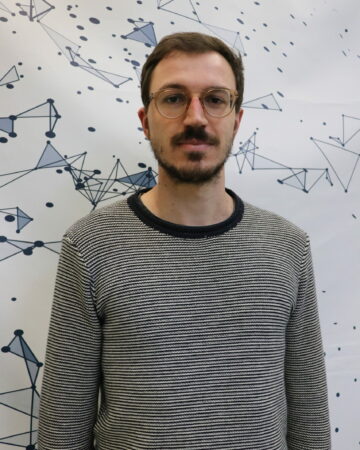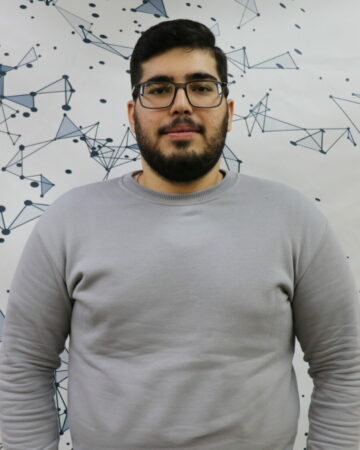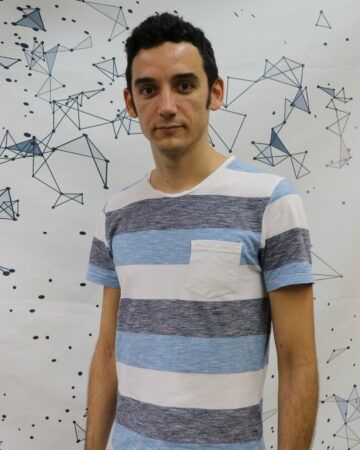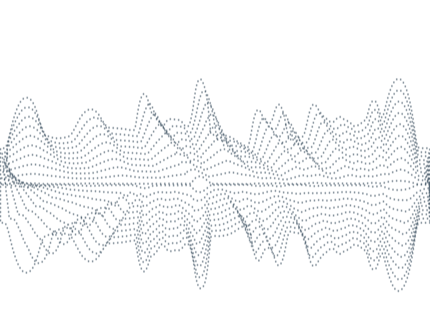News
★ Jan 2024 – Five papers accepted at IEEE INFOCOM 2024! We set a new record for the group, as its members have co-authored five papers that will be presented at the IEEE INFOCOM conference in Vancouver in May 2024. The works focus on understanding the adoption of the 5G technology, making joint packet- and flow-level inference feasible in programmable switches, using GPUs are hardware accelerators for vRAN workloads, reducing the energy consumption of vRANs via heterogeneous processors and improving the explainability of network traffic prediction. Congratulations to Leonardo, Sachit, André, Orlando, Akem, Beyza, Diego, Michele and the many collaborators for this achievement!
★ Oct 2023 – Two papers to be presented at ACM IMC 2024 and one at ACM MobiHoc 2023! We will present results at top ACM conferences this month, about the modeling of mobile traffic at the level of transport-layer sessions, the characterization of indoor cellular network demands, and the overbooking of network slices by mobile operators. Congrats to André, Stefanos and Sergi -along with all collaborators at Orange, University of Cambridge and Ranplan Wireless- for the excellent work!
★ Jun 2023 – Best demo award. We received the best demo award at IEEE NetSoft 2023, for a demonstration of our solutions for flow-level in-switch inference. Congratulations to Akem, Beyza and Michele!
★ May 2023 – New member. Diego Madariaga, a freshly graduated doctor from the University of Chile, joins the NDS group as a postdoctoral fellow and will co-lead our activities on network traffic analysis, characterization and modeling. Welcome Diego!
★ May 2023 – We launched the NetMob 2023 Data Challenge with Orange, which opens to the multidisciplinary research community an unprecedented high-resolution, multi-service dataset of mobile network traffic. The details of the challenge and application information are available at the official website. The challenge is associated with the NetMob 2023 conference, a friendly and accessible event that brings together a global community working on mobile network data analysis.
★ Mar 2023 – We organized a very successful 2023 edition of PAM, as a fully virtual and free event that attracted over 250 attendees. Videos of the talks can be found at the PAM 2023 YouTube account.
★ Dec 2022 – Three papers accepted at IEEE INFOCOM 2023! Alan and Antonio will present in NYC in may AutoManager, an improved neural network architecture for loss meta-learning in MANO tasks. Akem and Michele will showcase Flowrest, the very first classifier based on random forests that can operate at a flow level in real-world programmable switches. Finally, in a joint work with the Wireless Networking Group, Alan developed tools to explain and attack traffic forecasting models based on deep learning. Postprints to appear soon.
★ Nov 2022 – New paper accepted at the NativeNI 2022 workshop, held jointly with ACM CoNEXT 2022. The work, co-authored by Akem, Beyza and Michele, investigates the implementation and performance of hierachical machine learning models in programmable switches. Postprint to appear soon.
★ Sep 2022 – New paper presented at IEEE SECON 2022. Orlando presented his work on enhancing Voronoi tessellation as a representation for the spatial mapping of mobile network metadata. Full details are in the postprint, and supporting code is openly available in our GitHub repository.
★ Aug 2022 – New member. Beyza, a MSc graduate from Middle East Technical University in Turkey, joined the group to carry out her PhD studies on sustainable Network Intelligence. Welcome Beyza!
★ Aug 2022 – New paper accepted at IEEE Transactions on Networks and Service Management. In another step towards removing the barrier to mobile network traffic access by the research community, we extend our previous conditional generative models to produce dependable maps of traffic demands on a per-service basis. This provides researchers with realistic mobile data loads for the likes of video streaming, social media, messaging or Cloud applications. Again a joint activity with University of Edinburgh, Orange and Samsung. See the postprint for full details.
★ Mar 2022 – New paper accepted at IEEE WoWMoM 2022. In this collaboration with NEC, we show how a hybrid approach combining statistical modelling and machine learning through a joint AutoML training process can outperform pure deep learning architectures in forecasting tasks. We evaluate the proposed solution in practical anticipatory networking use cases, demonstrating the generality of the solution. See the postprint for full details.
★ Jan 2022 – New paper accepted at IEEE Percom 2022. This is another installment in our series of works on generating synthetic mobile network traffic, in collaboration with the usual team at University of Edinburgh, Orange and Samsung. This study focuses on the spatial dimension of the aggregate demands. See the postprint and associated open datasets.
★ Jan 2022 – One paper accepted at The ACM Web Conference 2022. Congratulations to Sachit for his first paper as first author. The work uses extensive measurement data to investigate the interaction between consumption of mobile services and urbanization levels. It unveils a growing imbalance in the per-capita consumption of overall and per-app mobile data traffic during the past years between smaller and larger cities in France, and raises interesting questions on the presence of second-level digital divides in developed countries. See the postprint for full details.
★ Dec 2021 – Two papers accepted at IEEE INFOCOM 2022. Congratulations to Alan, André, Orlando and Sachit for the first publications of their PhD. The first work explores loss function meta-learning models aimed at supporting Intent-Based Networking, see the postprint. The second study analyzes the impact of measures enacted to limit the COVID-19 pandemic on mobile service usage at a national scale, in collaboration with Orange Innovation, see the postprint.
★ Dec 2021 – New paper presented at ACM CoNEXT. In order to remove the current access barrier to spatiotemporal mobile traffic data for research purposes, we propose SpectraGAN, a deep learning model capable of generating realistic mobile traffic demands for target urban areas from publicly available local information such as demographics or land use. SpectraGAN is the result of a joint effort with the University of Edinburgh, Orange and Samsung. A video presentation of the tool as well as several open datasets generated with SpectraGAN are available.
★ Nov 2021 – We have openings for two new PhD students in the group. The positions are in the area of experimental Artificial Intelligence for the support of next-generation mobile network functionalities, are offered within the context of collaborations with industry and international research projects, and are fully funded. Find more information on the positions and application instructions in the Jobs section below.
★ Nov 2021 – New paper accepted at Journal of the Royal Society Interface. We investigate geographical unevenness in mobile service usage across areas characterized by different income or education levels, and find a gap so evident that aggregated traffic alone allows to accurately infer the socioeconomic status of a small area. Joint work with Universidad Carlos III de Madrid, Orange Labs, and MIT. The work received news coverage from El País, a major newspaper in Spain.
